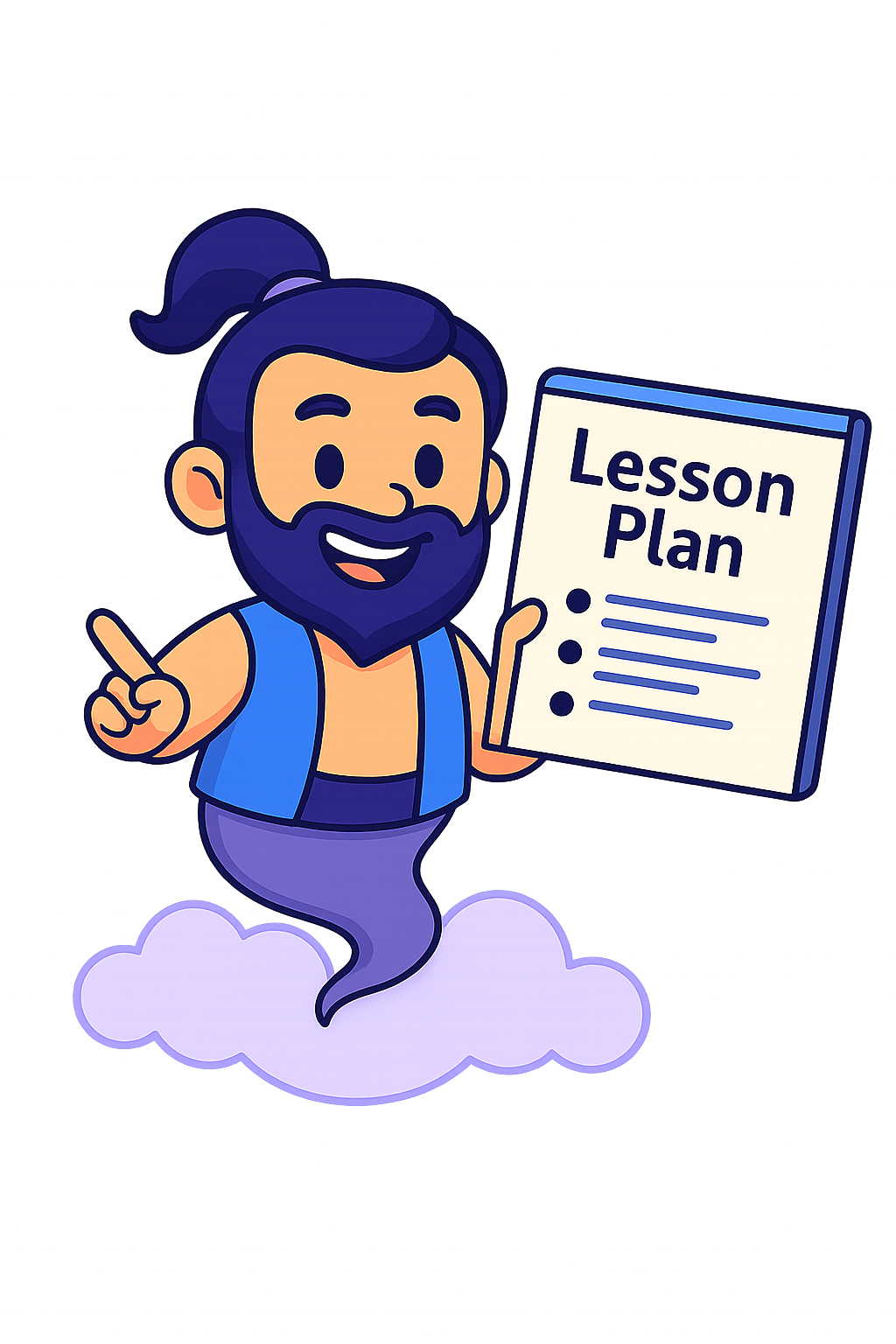 Using Dialogue to Enhance Writing
Using Dialogue to Enhance Writing
Objective: Students will learn how to use dialogue effectively in their writing to develop characters and advance the story, focusing on punctuation and formatting rules.
Learning Objectives
- Understand the purpose of dialogue in storytelling.
- Identify and use quotation marks and commas correctly in dialogue.
- Write a short paragraph including dialogue that shows character feelings or advances the plot.
Materials Needed
- Notebook or lined paper
- Pencil
- Sample story excerpts with dialogue
- Printed dialogue punctuation guide
Key Vocabulary
- Dialogue
- The exact words spoken by characters in a story, shown inside quotation marks.
- Quotation Marks
- Punctuation marks used to show the beginning and end of spoken words in writing.
- Punctuation
- Marks used in writing to separate sentences and clarify meaning, such as commas and periods.
Detailed Activities
Introduction to Dialogue
- Read a short story excerpt aloud that includes dialogue.
- Discuss what dialogue is and why authors use it.
- Show examples of dialogue with correct punctuation.
Dialogue Punctuation Practice
- Review rules for using quotation marks and commas in dialogue.
- Practice rewriting sentences that include spoken words, fixing punctuation errors.
- Complete a worksheet where students add punctuation to dialogue sentences.
Writing Dialogue
- Ask the student to write a short story paragraph including at least two characters speaking.
- Encourage using dialogue to show what the characters feel or what happens next.
- Review the paragraph together, focusing on correct punctuation and clear dialogue.
Parent & Instructor Notes
- Encourage your child to speak their dialogue aloud before writing to hear natural speech patterns.
- Use the punctuation guide to help your child remember where to place commas and quotation marks.
- Praise attempts at dialogue to build confidence, even if punctuation is not perfect at first.
Assessment Questions
- What is dialogue in a story?
- Where do you put quotation marks in dialogue?
- Why do authors use dialogue when writing stories?
Extension Ideas
- Read a favorite book together and identify dialogue passages.
- Create a comic strip that uses speech bubbles to show dialogue.
- Write a play script with dialogue between two characters.
Frequently Asked Questions
Start by having them listen to and repeat simple conversations aloud, then slowly write these down with your help adding punctuation.
Dialogue is mainly used in stories and plays to show characters talking, but it is not usually used in reports or informational writing.
Teacher’s Guide
Common Misconceptions:
- Students may forget to use quotation marks around spoken words.
- Confusing where commas go when dialogue is followed or preceded by tags like ‘he said’.
- Using dialogue without advancing the story or revealing character feelings.
Scaffolding Ideas:
For Struggling Students:
- Use sentence starters or dialogue templates to help structure their writing.
- Practice dialogue punctuation with oral exercises before writing.
- Focus on one rule at a time, such as just quotation marks or just commas.
For Advanced Students:
- Encourage writing dialogue that shows different emotions or uses slang appropriately.
- Have students write a longer story including multiple dialogue exchanges.
- Introduce dialogue tags other than ‘said’ such as ‘whispered’ or ‘shouted’ to add variety.
Pacing Recommendations:
- Spend about 10 minutes on introduction and examples.
- Allocate 15 minutes for punctuation practice and review.
- Use the remaining 20 minutes for writing and reviewing student dialogue.
Standards
- 6.W.3e — Use dialogue and description to develop experiences and events or show the responses of characters to situations.
Printable Worksheet
Plan Your Own Lesson
Looking for a custom lesson plan? Try our Lesson Planning Generator — create standards-based plans for any topic, instantly!
Common Core Aligned Lesson Plans
Looking for another common core lesson? See all of the lesson plans here.
More Free Lesson Plans
We’re adding more every week! Check back soon or explore all our lesson plans here.

 Using Dialogue to Enhance Writing
Using Dialogue to Enhance Writing
Leave a Reply